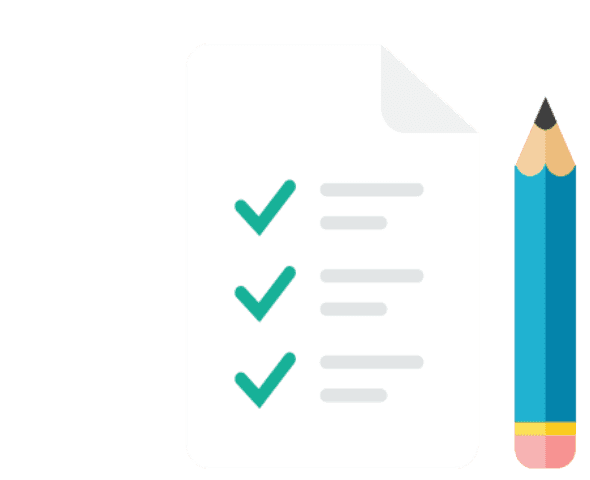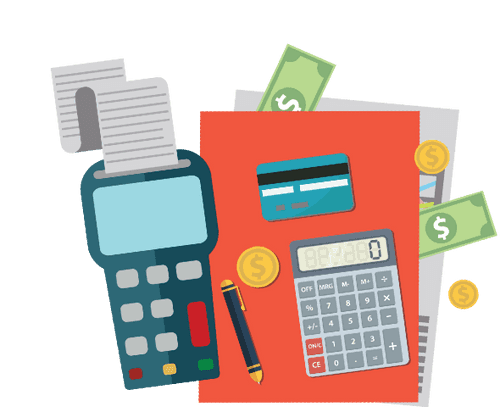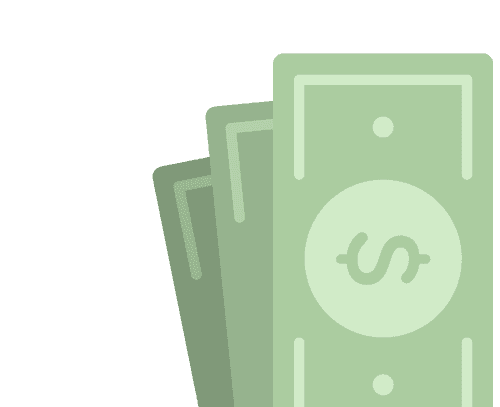Due to increasing concerns among Canadians about COVID-19, thegovernment and mortgage lenders have put new policies and systems in place to help homeowners during this tough time.
What is the six-month mortgage deferral program?
To support Canadians facing financial hardship during this time, some mortgage lenders have implemented a mortgage deferral payment program. This program allows eligible homeowners to defer their monthly mortgage payments for a six-month period. For instance, if you have 4 years left on your mortgage, this would extend your mortgage term to 4.5 years and your amortization by another six months. So it's basically like taking up to sixmonths off and placing them at the end of your term. That said, your interest will accrue over this period, so you will need to pay the extra interest that you would have paid over this 6 month period, it would just be pushed out.
What you need to know about this new program
If you’re thinking of deferring your mortgage payments at this time, there are some key factorsto consider before moving forward:
1. Check with your lender about their deferral options
Mortgage deferral programs are offered at the discretion of the lender, which means that not every lender may be providing this type of financial relief.
2. Not every homeowner may be eligible
It’s important to note that not every Canadian homeowner is eligible for deferral. There are set guidelines for individuals to qualify. For instance, individuals who may have lost their job or do not have the savings and are struggling to make their monthly payments are prime candidates for this program.
3. Be prepared to show that you’ve been financially impacted by coronavirus
Homeowners need to be able to prove that they have been financially affected by the coronavirus and thus unable to make their monthly mortgage payments. We recommend preparing a detailed record of your income and liabilities to showcase your need for this type of financial support.
4. Your deferred payments still need to be paid
If you qualify for this program, you are still required to repay the amount of your deferred payments, including both principal and interest. During the deferral period, the interest on your mortgage that isn’t paid will be added to the outstanding principal of your mortgage and in turn, affect how much you owe at the end of your mortgage term.
5. Financial relief is for mortgage payments only
This program only covers deferral for monthly mortgage payments. For any other home-related expenses including utilities or home insurance, you will need to contact those providers separately.
6. This will not affect your credit score
We’re hearing from big banks that mortgage payment deferrals will not harm customer credit scores—so long as the customer remains in good standing. But don’t take anything for granted. If you defer payments, confirm with your lender to be sure—and get their response in writing or record the phone call. Your lender will also need to ensure that these payment deferrals are reported correctly to the credit bureau to prevent them from showing up as a missed payment.
What if I don’t qualify for the mortgage deferral program?
If you aren’t eligible for this program, ask your lender about a “mortgage vacation” where you are able to skip a payment. Many lenders offer this andthis feature enables you to miss up to a full monthly mortgage payment. However, it’s important to keep in mind that this will compound your interest and you’ll have to pay at a later date.








